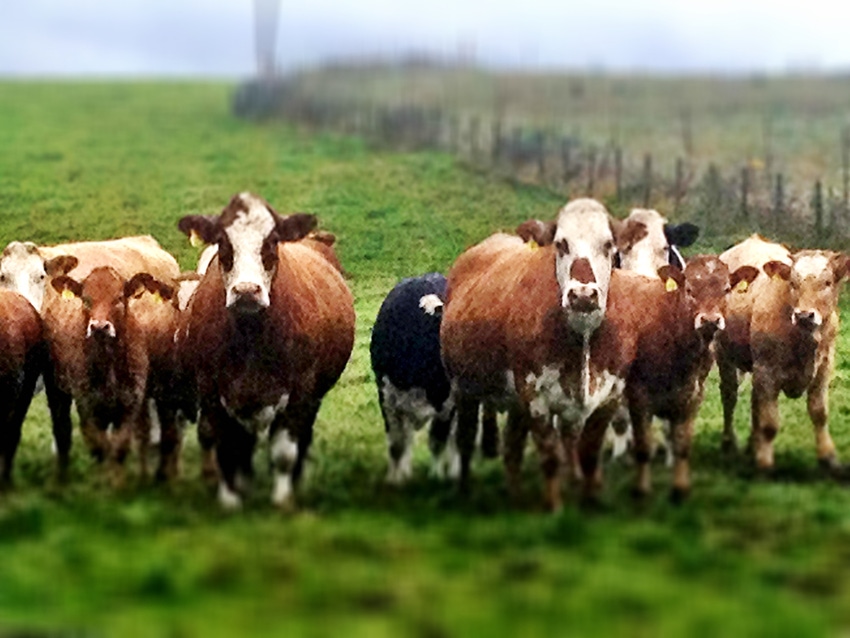Microbiome control in cattle may reduce methane emissions
Israeli researchers learn to control cattle microbiomes to produce less methane and reduce greenhouse gases.
June 1, 2020

Researchers with the Ben-Gurion University of the Negev (BGU) in Israel announced they have learned to control the microbiome of cattle for the first time, which could inhibit their methane production and, therefore, reduce a major source of greenhouse gasses.
The findings from BGU professor Itzhak Mizrahi's findings were published recently in Nature Communications.
The animal microbiome is a scientifically unexplored area. It protects against pathogens, breaks down food to release energy and produces vitamins and exerts great control over many aspects of animal and human physical systems, BGU said in its announcement. Microbes are introduced at birth and produce a unique microbiome that evolves over time.
Mizrahi and his group have been conducting a three-year experiment with 50 cows divided into two groups. One group gave birth naturally, and the other through cesarean section. That difference was enough to change microbiome development and composition microbiome of the cows from each group, BGU said.
This finding enabled Mizrahi's team together with Eran Halperin's group at the University of California-Los Angeles to develop an algorithm that predicts the microbiome development and how it will evolve over time based on its present composition.
"Now that we know we can influence the microbiome development, we can use this knowledge to modulate microbiome composition to lower the environmental impact of methane from cows by guiding them to our desired outcomes," Mizrahi said.
BGU noted that Mizrahi has investigated the microbiome of cows, fish and other species to address world issues shaped by climate change.
You May Also Like



